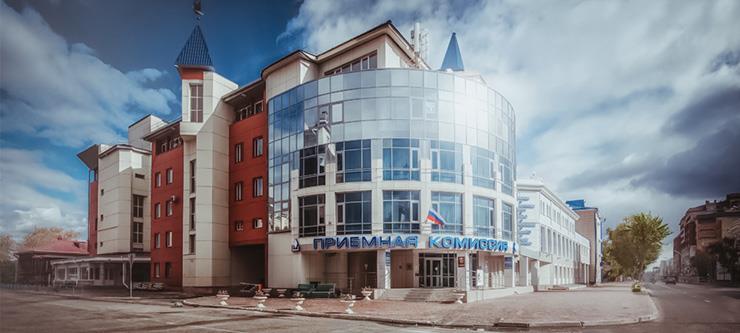Studying risk management helped students elevate pandemic induced stress
UTMN conducted an educational experiment where students signed up for a new Riscology course. The trials of the new subject started at the beginning of the pandemic. Students from different fields of study had an option to choose it as an elective. The results of the experiment are published in the Issues of risk analysis journal.
“The new subject, chosen by students as a part of their Individual Educational Trajectory, helped them overcome the stage of high-risk comprehension of reality that arose during the pandemic in Russia, – said the author of the discipline, professor of UTMN, Valery Gamukin. – I believe that this course will be beneficial for every student, regardless of their specialization, because it helps to determine and analyze the risk present in human life, and that gives students the ability to manage it.”
In addition to the theory module, students develop practical skills, such as risk perception in real life. Thus, at the beginning of every class, students define the risks of their own lives and appoint the semantic content, which is the same for everyone to interpret. The last aspect is significant because the result of risk estimation depends on how each student perceives the content of a particular risk compared to everyone else, explained professor Gamukin.
For the duration of the training, students monitored a set of 15 different regular risks from week to week. This included: natural hazards, social inequality, communication crisis, captivity, crisis of authority, incompetence, fatigue, unpredictability, bodily harm, loss of resources, and fatal errors. Moreover, the risk of love was considered. It arises when a person needs to value something above everything else without a reason. Students made a weekly assessment of each risk for the upcoming week. At the end of the week, they evaluated the actual risk level and gave a prediction for the next week.
“Students were taking the course and documenting their risk predictions during trying times: the COVID-19 pandemic hit, and some classes were canceled or moved online. Students experienced wave after wave of pressure and stress. Unknowingly we were a part of a social experiment,” – professor Gamukin.
As a result of these weekly predictions, students were able to identify a group of main risks present in their lives. These are the risks of fatigue, unpredictability, anarchy, communication crisis, and incompetence. Furthermore, these risks received a high rank both in the prediction and in the actual assessment.

